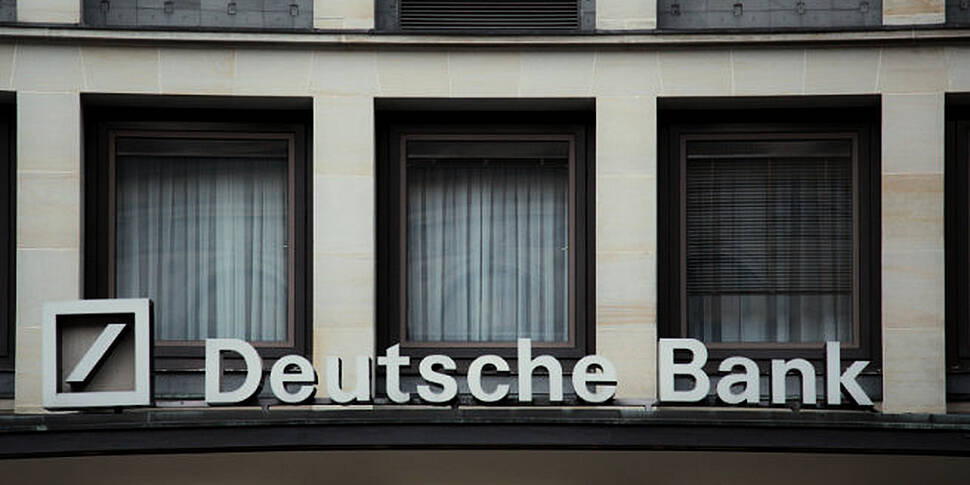It has been confirmed that Deutsche Bank will have to pay a fine of more than €2.3bn for its role in the Libor scandal which involved traders manipulating official interbank lending rates - this is used as the benchmark interest rate for £300tn worth of financial transactions around the world.
The fine is the biggest of this sort ever handed out to a financial institution. The Financial Conduct Authority (FCA) in the UK said that the bank repeatedly mislead regulators during the investigation.
Georgina Philippou, acting director of enforcement and market oversight with the FCA, says: "This case stands out for the seriousness and duration of the breaches by Deutsche Bank – something reflected in the size of today’s fine. One division at Deutsche Bank had a culture of generating profits without proper regard to the integrity of the market."
She continues: "This wasn’t limited to a few individuals but, on certain desks, it appeared deeply ingrained."
What is Libor?
Each morning banks work out how much money they need to borrow from other banks - or if they have excess cash how much money they can afford to lend.
Libor (London Inter-Bank Offered Rate) measures the cost of this lending between banks - setting out the average rate that they are charged.
Like loans to individuals, banks that are considered to be 'risky' will be charged higher interest rates than those that are considered to be more solid - so the overall lending rate can track the perceived stability of the banking sector.
How is it calculated?
The rates are based on data submitted by a panel of major banks (16 in the UK, 18 in the US) outlining the rates that they are paying to lend to/borrow from other banks on a given morning.
There are 150 Libor rates calculated everyday by Thomson Reuters covering different lengths of time and different currencies.
The four lowest and highest rates are excluded, and an average is calculated and published by noon.
How was it manipulated?
Managers at Deutsche Bank worked with other bankers and traders to change their submissions to artificially manipulate Libor and Euribor (the European equivalent).
Two examples of wrong doing provided by FCA, via theguardian.com
The German bank was among a number of banks taking financial positions on the Libor rate - while actively working to alter it.
One piece of evidence recounted a Deutsche Bank manager writing: "I’m begging u pleassssssssssssssseeeeeeeeee I’m on my knees," as he pleaded with a trader in another bank to alter their submission.
The Commodity Futures Trading Commission in the US describes the bank's actions: "Traders often shouted their requests for beneficial submissions across the trading floor to the submitters."
"A senior manager regularly sat with the traders and encouraged them and their counterparts in other offices to communicate and exchange trading positions, so submitters became clearly aware of the submissions that were most favourable to the various desks’ trading positions."
The statement continues: "Senior desk managers in London, Frankfurt, New York, and the Tokyo subsidiary of Deutsche Bank also made requests to benefit their own trading positions, facilitated their traders’ requests for beneficial submissions, and promoted the profit-driven submission practices to help the traders increase profits and minimise losses on their and the desk’s trading positions."









